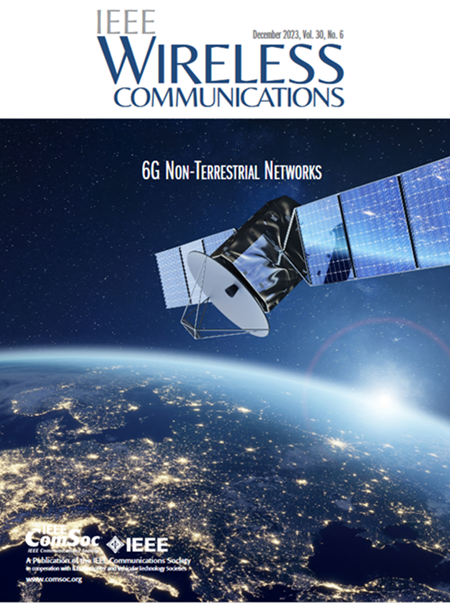一种用于智能电网的具有深度学习安全性的超轻量级数据聚合方案
IF 11.5
1区 计算机科学
Q1 COMPUTER SCIENCE, HARDWARE & ARCHITECTURE
引用次数: 3
摘要
文献中已经开发了各种智能电表数据聚合协议,以解决针对客户能源消耗数据的日益增长的隐私威胁。然而,这些协议中的大多数都需要智能电表(安装在消费者端)来维护密钥或运行经过验证的密钥建立方案,以便与聚合器交互。这两种方法都对系统产生了额外的要求。为了解决这个问题,本文首先提出了一种用于智能电网的基于机器学习的超轻量级数据聚合方案,该方案不需要维护密钥来与聚合器通信。特别地,与现有数据聚合方案不同,在所提出的数据聚合方案中,服务器和智能电表都不需要存储任何秘密。相反,对于每一轮数据聚合,每个智能电表都使用嵌入式PUF来为给定的挑战生成唯一的随机响应。另一方面,服务器为每个智能电表维护PUF模型,以产生相同的随机响应。该唯一密钥用于确保计量数据的隐私。接下来,我们提出了一种使用协作学习的优化数据聚合方案,以提高所提出方案的性能。本文章由计算机程序翻译,如有差异,请以英文原文为准。
An Ultra-Lightweight Data-Aggregation Scheme with Deep Learning Security for Smart Grid
Various smart meter data aggregation protocols have been developed in the literature to address the rising privacy threats against customers' energy consumption data. However, most of these protocols require a smart meter (installed at the consumer's end) to either maintain a secret key or to run an authenticated key establishment scheme for interacting with the aggregator. Both of these approaches create additional requirements for the system. To address this issue, this article first proposes a machine-learning-based ultra-light-weight data aggregation scheme for smart grids that does not require a secret key to be maintained for communicating with the aggregator. In particular, unlike existing data aggregation schemes, in the proposed data aggregation scheme, neither the server nor the smart meter needs to store any secret. Instead, for every round of data aggregation, each smart meter uses an embedded PUF for generating a unique random response for a given challenge. On the other hand, the server maintains a PUF model for each smart meter for producing the same random response. This unique secret key is used to ensure the privacy of the metering data. Next, we propose an optimized data aggregation scheme using collaborative learning to enhance the performance of the proposed scheme.
求助全文
通过发布文献求助,成功后即可免费获取论文全文。
去求助
来源期刊

IEEE Wireless Communications
工程技术-电信学
CiteScore
24.20
自引率
1.60%
发文量
183
审稿时长
6-12 weeks
期刊介绍:
IEEE Wireless Communications is tailored for professionals within the communications and networking communities. It addresses technical and policy issues associated with personalized, location-independent communications across various media and protocol layers. Encompassing both wired and wireless communications, the magazine explores the intersection of computing, the mobility of individuals, communicating devices, and personalized services.
Every issue of this interdisciplinary publication presents high-quality articles delving into the revolutionary technological advances in personal, location-independent communications, and computing. IEEE Wireless Communications provides an insightful platform for individuals engaged in these dynamic fields, offering in-depth coverage of significant developments in the realm of communication technology.
 求助内容:
求助内容: 应助结果提醒方式:
应助结果提醒方式:


